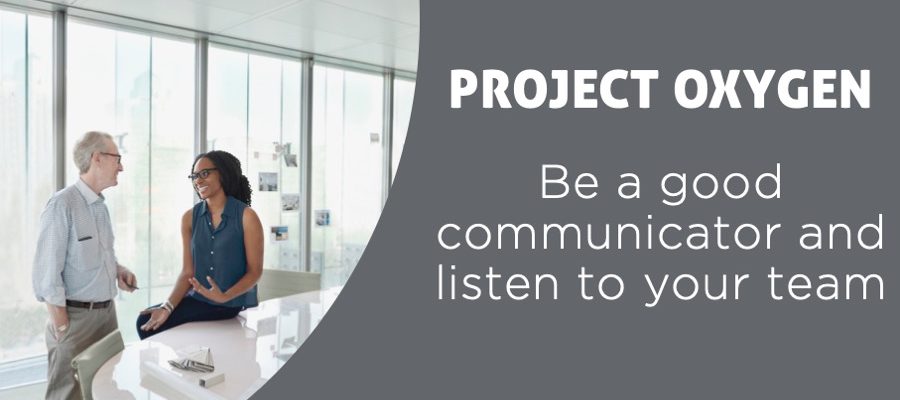“To truly be an active listener, stop thinking about what you’re going to say next and focus on what they’re saying right now.”
Did you know that neuroscience research has found that it takes as little as 0.7 seconds to make a first impression? In that bare fragment of time, people are deciding whether you are trustworthy and whether they feel safe with you. This impression can be so lasting that it forms the pathway for our entire business relationship. It’s not something we can control, as humans are simply wired this way. But what we can do is learn to make a better first impression and build a stronger foundation for transformative, rather than perfunctory communication, especially as it relates to the people we lead and the customers we interact with.
It is crucial to have good rapport with our staff, co-workers and clients if we wish to be strong leaders. If you feel that you (or anyone on your team) could be doing a better job of truly listening and being heard, it’s never too late to improve. Keep reading!
We know from the findings of Google’s Project Oxygen that the 5th quality of the most effective managers is the ability to communicate well and listen to our teams.
But did you also know that communication resides in the listener, not the speaker? It’s so important to remember that words have meaning to each person individually. Words are not neutral — a listener is going to interpret what is said based on their own upbringing and communication preferences. Keep this in mind when you are speaking with your team or your customers and be sure to check in with them often and seek feedback about how your message was received.
When you are the listener, be fully present, ask clarifying questions and don’t feel you have to say everything that you think. There’s a reason we have two ears and only one mouth. (LISTEN can become the word SILENT with a little rearrangement.) Be present with the other. Stop thinking about what you are going to say next, be open to listening. You are wise enough. You will know what to say.
This is called active listening, and leaders who master it will not only be remembered for the long term, they will lead their employees (a company’s most valuable asset) and ultimately their business, to new heights of productivity and success.
In upcoming newsletters, we’ll tell you more about the importance of effective communication as we explore another workplace initiative from Google, Project Aristotle. The company decided in 2012 to study hundreds of their teams and figure out why some outperformed while others faltered. What Google learned from this exploration has resonated across thousands of businesses; we’ll show you how to apply those lessons to achieve your goals.
In the meantime, keep these tips in mind for becoming an active listener:
- Be Attentive. Face your speaking partner squarely, adopt an open posture and maintain eye contact. Don’t look at your phone or be thinking about how to respond to that latest email! People can tell when you are just pretending to listen. Often, we are so preoccupied with our own “busyness” that we fail to truly absorb what someone is saying. Give speakers the respect that they and their ideas deserve.
- Speak Less and Listen More. Many of us have an “addiction to being right,” a phenomenon identified by the executive and organizational anthropologist Judith E. Glaser as a need to fight for dominance and “win” by proving that our point of view is correct.
At the neurochemical level, these victories, however hallow, flood our brain with adrenaline and dopamine, which make us feel invincible and want to repeat the experience. But our need to dominate can crush honest dialogue and the willingness of others to participate fully, as their brains flood with the stress hormone cortisol. When we instead take time to allow everyone to feel heard and to listen to others’ ideas without judgement, our bodies release the “happy hormone” oxytocin, which is activated by human connection and promotes co-creation.
Glaser suggests forging an addiction to this hormone instead by planning ahead so that everyone knows the rules for engaging at meetings and what the objectives are; giving everyone a chance to speak and listening with empathy and an open mind rather than listening to judge or reject another’s idea.
- Ask Clarifying Questions. Paraphrase back what you think you heard. Ask questions to fill in the gaps of what you didn’t understand. What piece of the conversation sparked your curiosity? Ask more about it. This maintains the interest of both parties, and you’d be surprised how much you might learn. Periodically summarize what the other person said.
You are now on the road to becoming an exceptional communicator!
Institute Success Tip: Change your words and you can change your world. When teams learn the keys to positive communication that allows everyone to feel heard and valued, great things happen for your company. Part of what we do at Institute Success is teach teams how to listen to each other. Ask us about our master sessions in team-building and get your company on the right path today.
